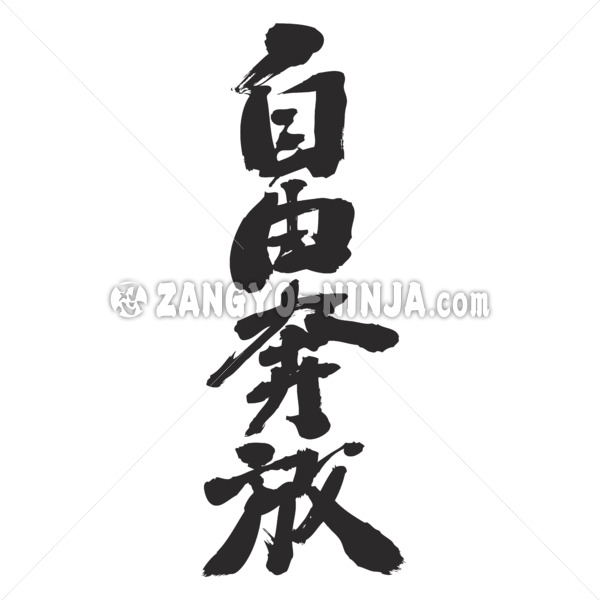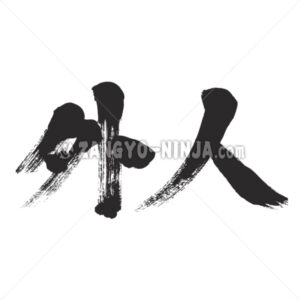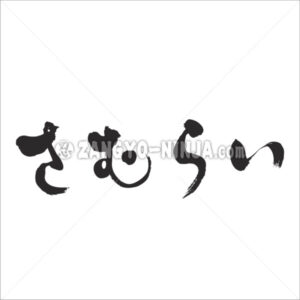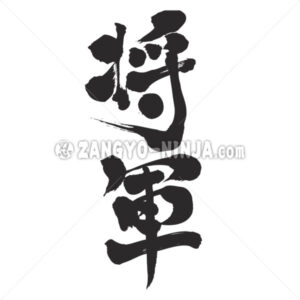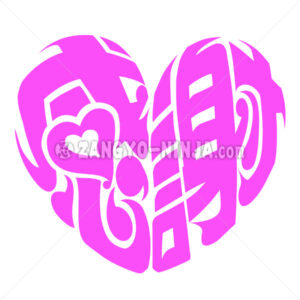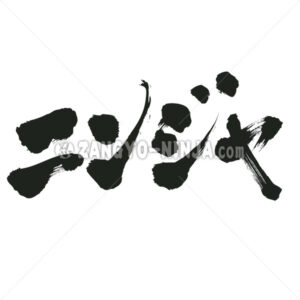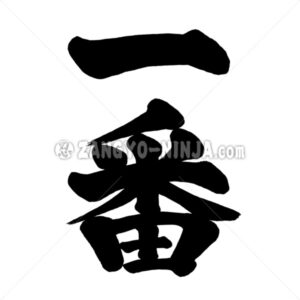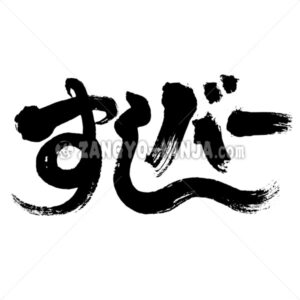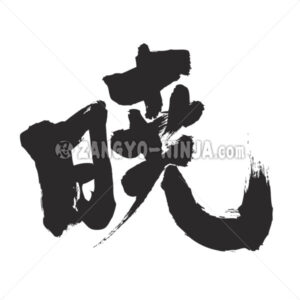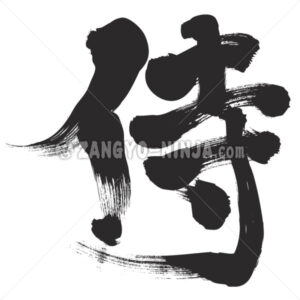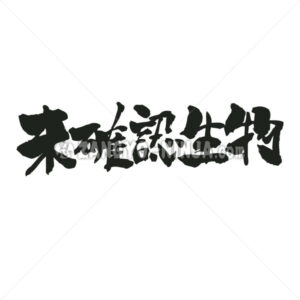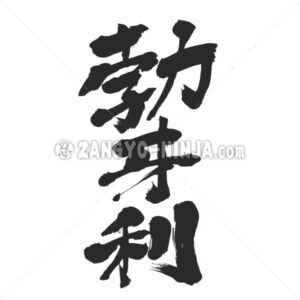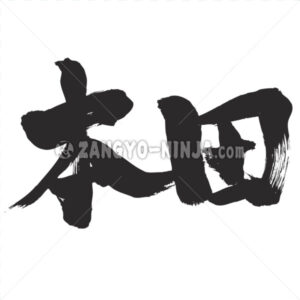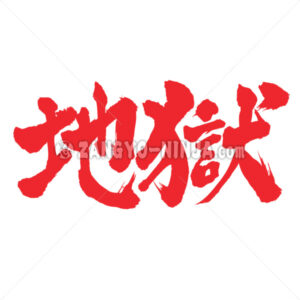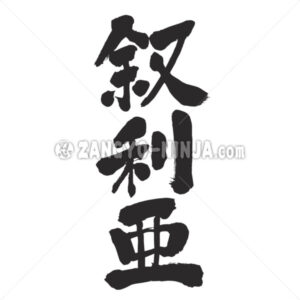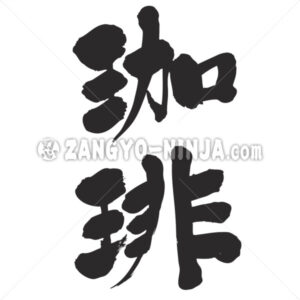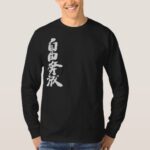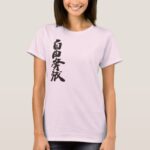Description for “free spirited in Kanji”
Acting with your own mind, without being bound by social rules and conventions.
Don’t follow the rule. Japan call “Ji yu hon po”.
There are both positive and negative nuances.
Positive:
An attitude of acting on one’s own volition, unrestrained by anything.
Negative:
Acting selfishly without consideration for others.
An attitude of acting on one’s own volition, unrestrained by anything.
Negative:
Acting selfishly without consideration for others.
The first two letters are “自由” and the last two letters are “奔放”.
自由 means
自由 means not being bound by anything and acting according to one’s own mind.
・To behave as one wishes.
・To be selfish and self-indulgent.
・A philosophical term, to be able to do things voluntarily
・To the extent permitted by law.
・To behave as one wishes.
・To be selfish and self-indulgent.
・A philosophical term, to be able to do things voluntarily
・To the extent permitted by law.
奔放 is
・To be vigorous
・To behave as one pleases without being bound by common sense or rules
means to be free to do as one pleases, without being bound by common sense or rules.
・To behave as one pleases without being bound by common sense or rules
means to be free to do as one pleases, without being bound by common sense or rules.
In other words, by combining the words “自由(jiyu)” and “奔放(Honpou),” which have similar meanings, the word “jiyu-honpou” emphasizes the meaning of “behaving as one pleases without being bound by anything.


